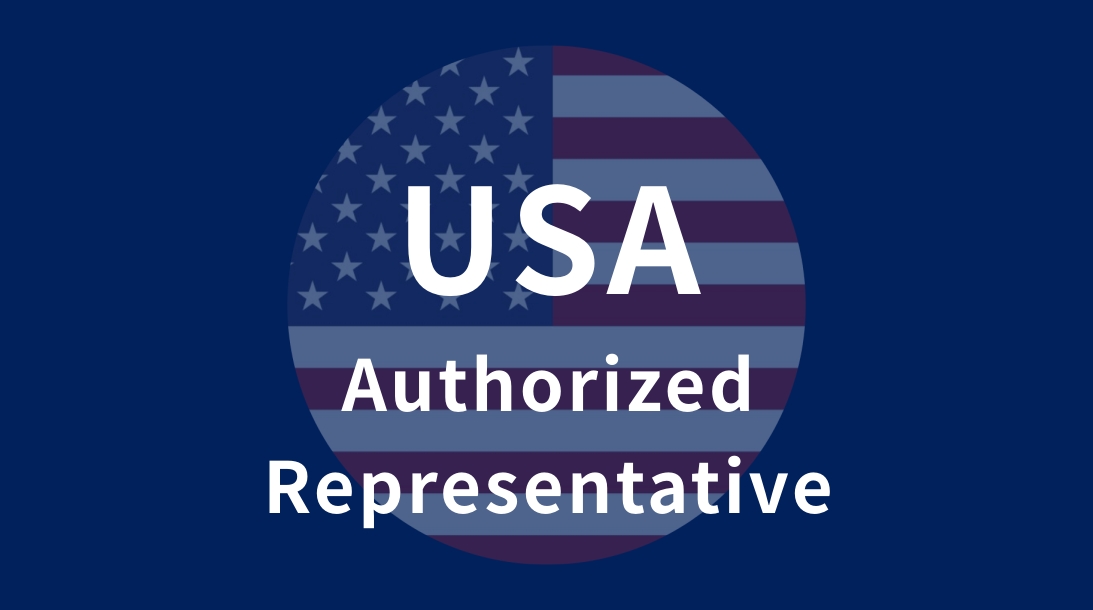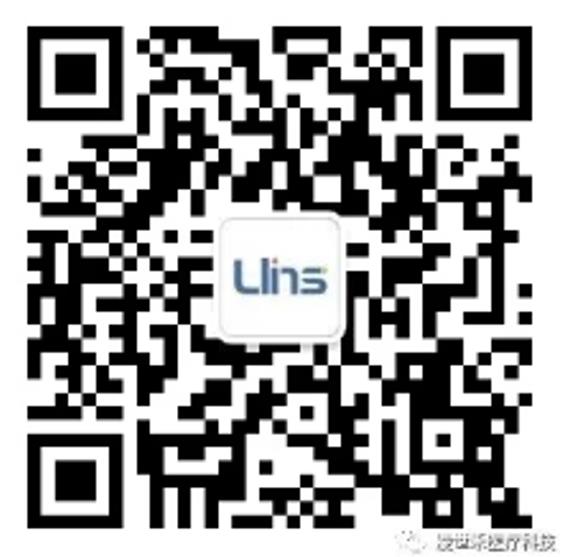FDA regulations stipulate that foreign (refers to all countries except the United States) medical devices, food, alcohol, drugs and other factories must be registered before entering the United States, and must designate a United States agent, the United States agent is responsible for emergency and daily business communication. A U.S. agent is a registered agent who is in the United States or has a business place in the United States and is appointed by a foreign factory for the purpose of FDA registration. U.S. agents can't just be mailboxes, voice calls, or nonexistent locations that serve as personal addresses for foreign factory agents.
The manufacturer may appoint only one U.S. agent for FDA factory registration, and the designation of a U.S. agent for the purpose of factory registration does not prevent the Factory from appointing multiple other agents (such as foreign suppliers) for other business activities. The Company's business activities in the United States do not need to be conducted through an agent designated by this registration. U.S. agents must be available to answer FDA calls at all times.
Note: The FDA stipulates that when a medical device company outside the United States conducts a company registration, it must appoint a U.S. agent who is responsible for receiving information and documents from the FDA. The FDA will contact the U.S. agent from time to time, and for the agent whose information is untrue, the FDA will require the factory to provide true information, otherwise, it will impose penalties and even cancel the registration number of the factory. According to the results of the FDA test, about 30% of the U.S. agent information contains false ingredients or does not exist, so the FDA is also increasing supervision and inspection efforts.
The U.S. agent acts as the communication link between FDA and the foreign plant, responsible for emergency and routine communication. In the event of an emergency, FDA will contact the U.S. agent unless another person is designated as the emergency contact at the time of registration. Also, the U.S. agent represents the foreign facility, FDA will treat the U.S. agent's statements as statements of the foreign facility and will consider information or documents provided to the U.S. agent to be equivalent to information or documents provided to the foreign facility.




